It’s natural to want to offer your kitty something from your garden, but how do you know what is safe or potentially dangerous for your feline friends? Let’s look at some of the herbs you may have access to that you could let your cat around and some that should be avoided.
An Important Note About Herbs
Even if an herb is considered “safe” for your cat, it could still cause issues like gastrointestinal upset in large quantities. Talk to your veterinarian about anything you’re considering giving your cat because cats with allergies or specific health issues could be more likely to have side effects.
It’s also important to understand that we don’t know all about how herbs can affect our cats or their potential benefits. Also, just because a product claims to have certain benefits doesn’t mean it will work for your cat.
If you’re unsure which herbs may benefit your cat’s health, it’s best to contact your vet for a recommendation.

If you need to speak with a vet but can’t get to one, head over to PangoVet. It’s an online service where you can talk to a vet online and get the personalized advice you need for your pet — all at an affordable price!
The 10 Herbs That Are Safe for Cats
1. Catnip (Nepeta cataria)
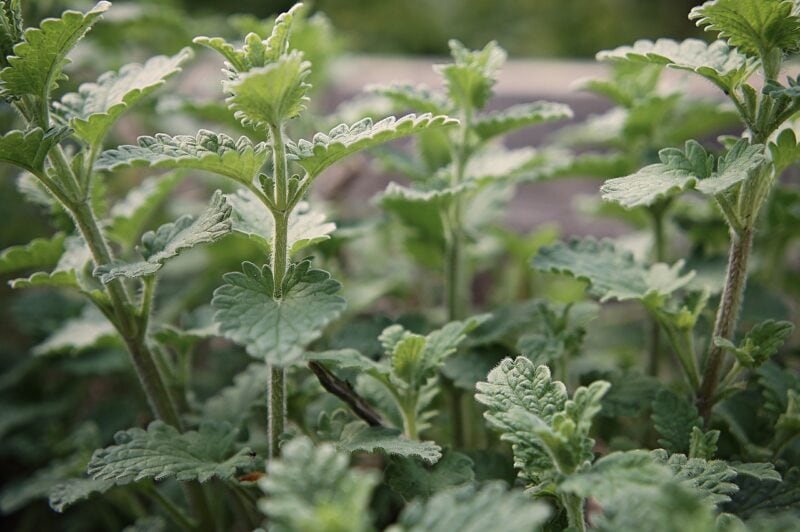
Many cats love catnip. You might have even given it to your cat and watched them roll around. It can be an effective attractant, helping you get your cat used to items in the house like a scratching pad or litter box.
Catnip can be grown indoors or outdoors. Interestingly, one study1 found that cats rubbing against plants like catnip and silver bone protected them from mosquitoes.
2. Cat Grass
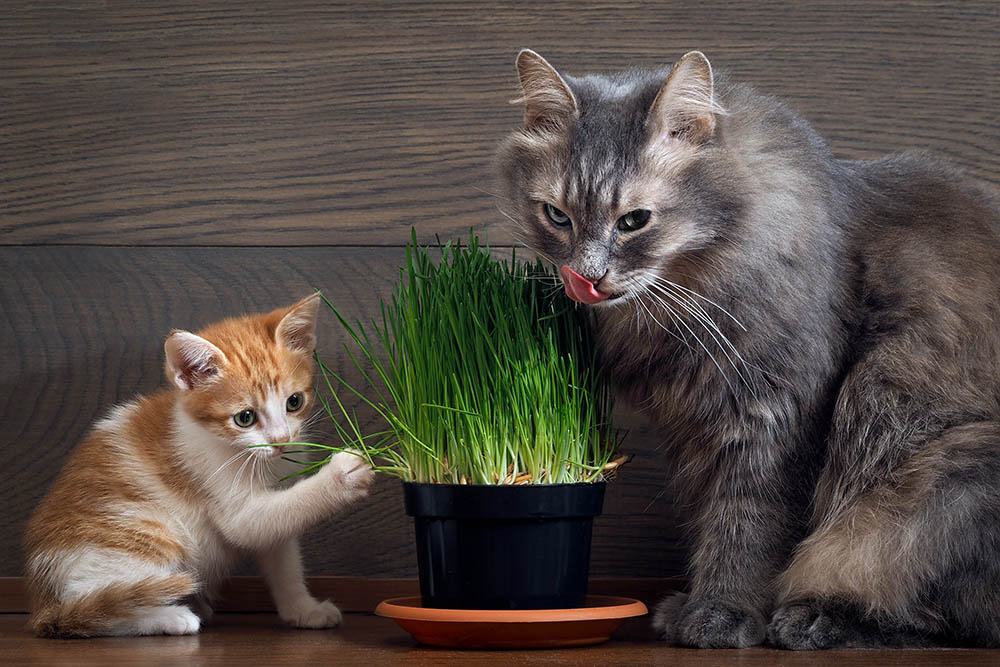
Cat grass is often a combination of safe grasses for kitties to munch on or roll around. It is usually a single population or a combination of barley, oats, wheat, or rye. These grasses are generally grown indoors, so they don’t contain pesticides or other chemicals that could make your cat sick.
Cat grass can be beneficial to your cat for several reasons. It can help move material through your cat’s gut and contains folic acid. Folic acid is especially important in biochemical reactions within your cat’s body, such as DNA synthesis and even the production of red blood cells.
3. Basil (Ocimum basilicum)

According to the ASPCA, an excellent resource for checking if plants are toxic, basil is non-toxic for cats and dogs. That means you shouldn’t have anything to worry about if your cat knocks over your basil plant or chomps on a few leaves. Your cat isn’t likely to get major benefits from eating basil, but they can get some micronutrients, including folic acid.
4. Valerian Root (Valeriana officinalis)
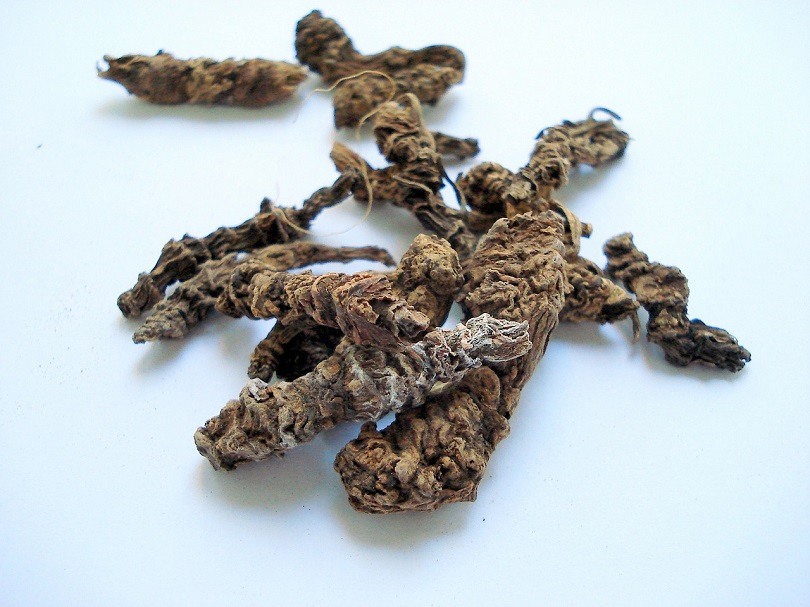
Valerian root is safe for cats to consume because it has a wide margin of safety. Like in people, it has calming properties. You can find it in a range of calming products for cats.
5. Milk Thistle (Silybum marianum)
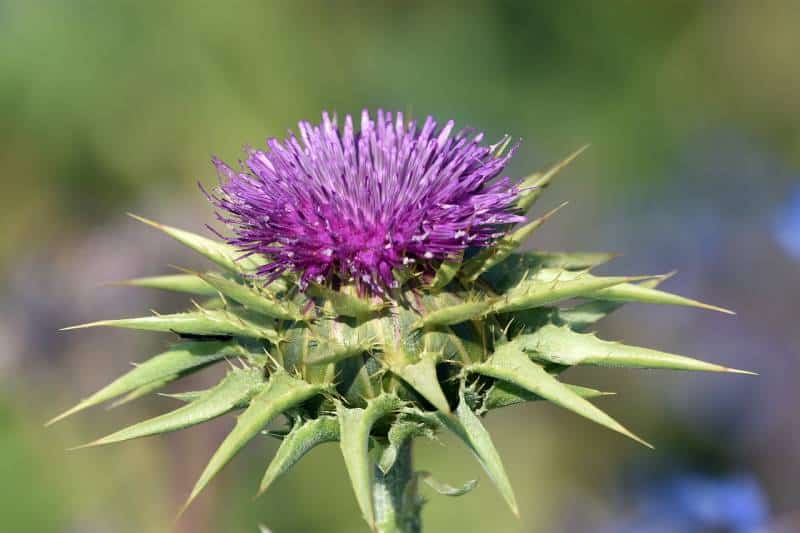
Milk thistle, or silymarin, is a commonly recommended supplement for cats and dogs and is considered safe. One of the more commonly recommended supplements in veterinary practices is a milk thistle combination product, branded under several names such as Denamarin or Denosyl. Your veterinarian may recommend this supplement if your cat has evidence of liver changes on blood work because it may support liver health and may improve your cat’s elevated liver enzyme values.
6. Echinacea (Echinacea)
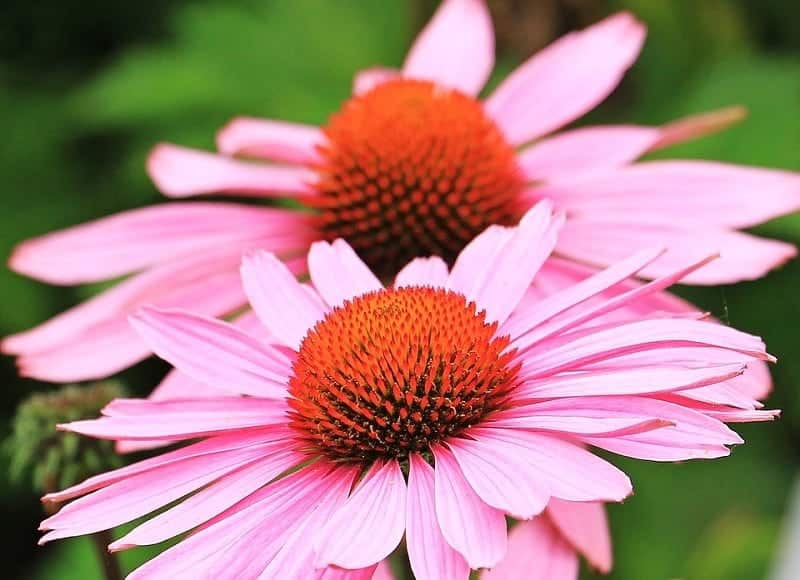
While there are limited studies on using echinacea in animals, it is a safe and well-tolerated supplement. It may benefit your pet’s immune system and reduce symptoms associated with upper respiratory infections, but that information is primarily based on studies in people.
7. Licorice Root (Glycyrrhiza glabra)
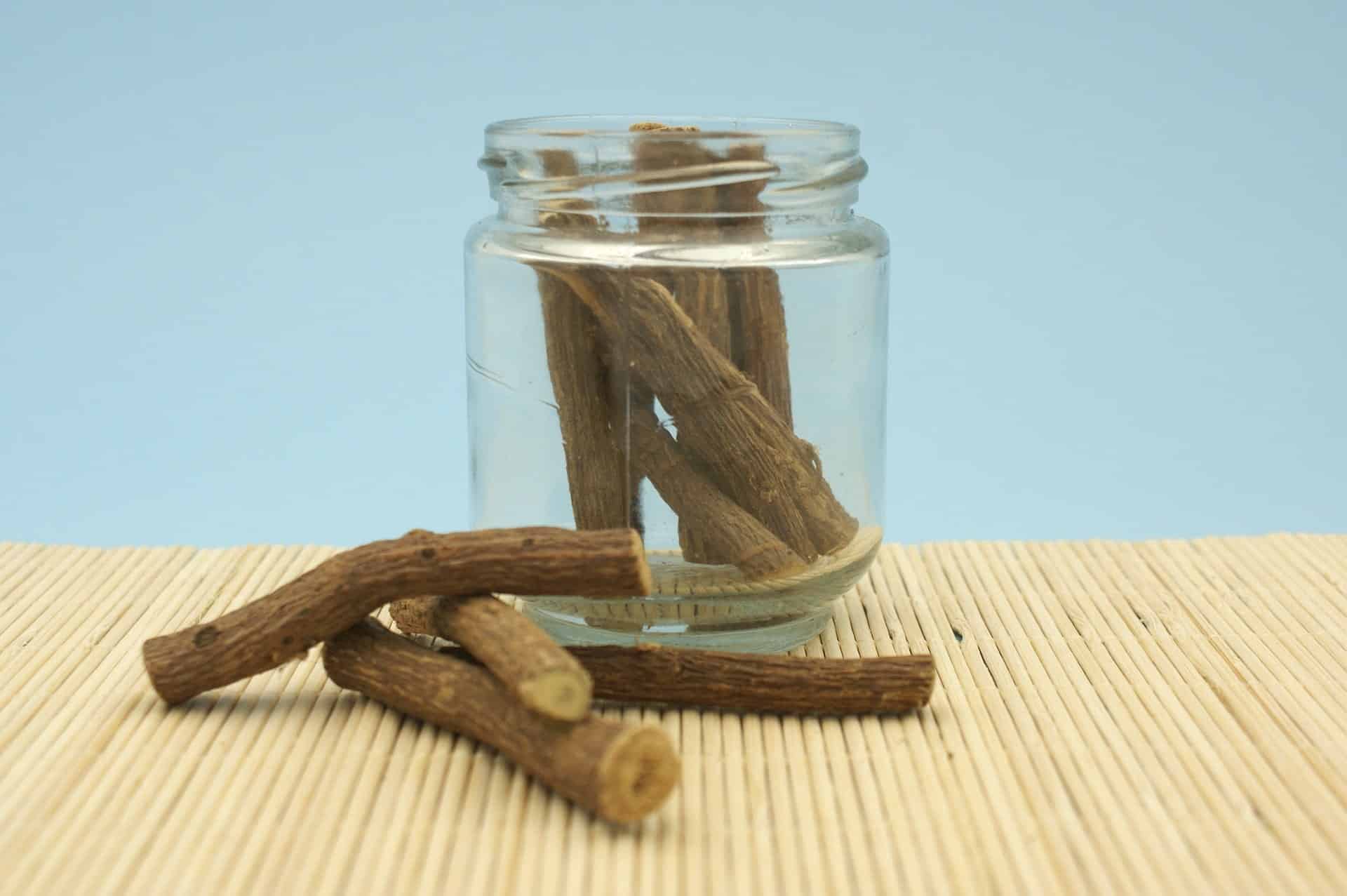
Licorice root appears safe for pets and has been touted for its numerous health benefits, including digestive health. A main ingredient in licorice root is glycyrrhizic acid. This compound may have significant potential in several aspects, as it appears to be:
- Anti-inflammatory
- Antioxidant
- Anticancer
8. Dandelion (Taraxacum)
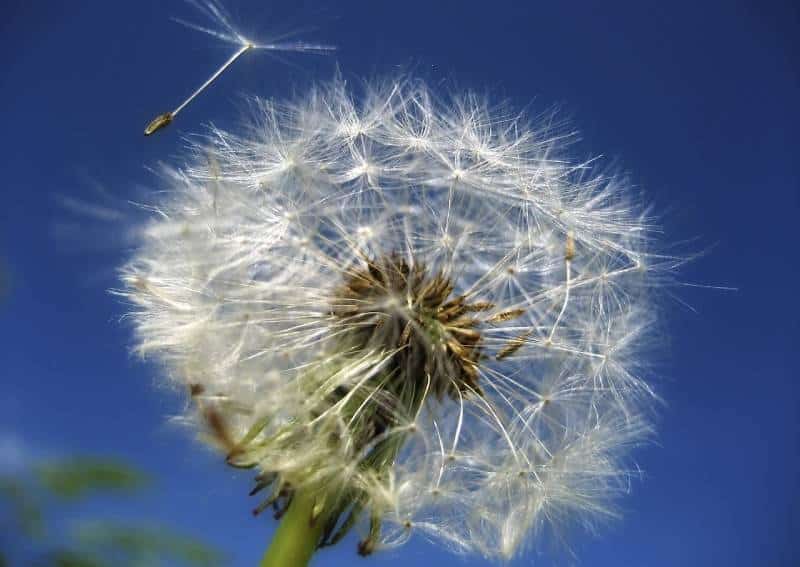
Dandelions have long been a popular plant cultivated for medicinal purposes, even though many people consider them a weed. There are a variety of species of dandelions, but they all appear safe for cats. If you haven’t treated the yard with fertilizers, pesticides, or other hazardous chemicals, these plants are safe for your feline friends to eat outside.
9. Calendula (Calendula)

Calendula has many names, the most common of which is the common marigold. Marigolds are popular as companion plants to help keep pests away from vegetables like tomatoes, so you probably have some in your garden already. They’re not considered toxic for cats or dogs, so feel free to grow some in your kitty’s herb garden.
10. Marshmallow Root (Althaea officinalis)
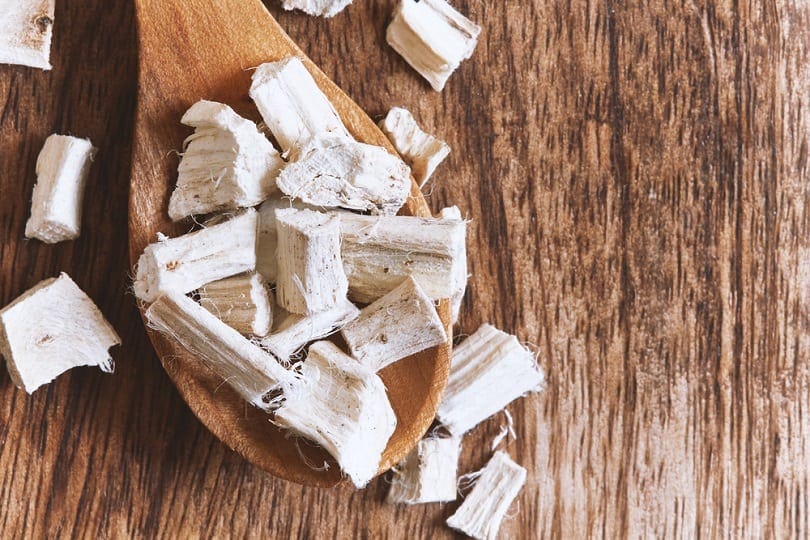
Marshmallow root is safe for cats and may provide various potential health benefits. It can coat irritated tissues and has antibacterial activity. In addition to helping with inflammation, it may also help regulate your pet’s blood sugar.
Herbs and Plants to Avoid
Some herbs can be incredibly toxic for your cat and have different side effects. Avoid planting these in your garden if your cat has access to the outside, and keep them out of your cat’s reach in the house to keep your feline family member safe.
Mint (Mentha species)
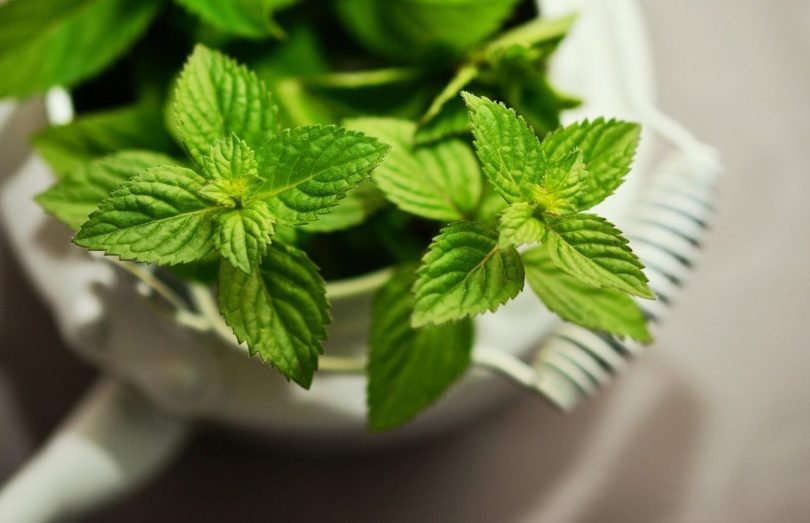
Mint contains essential oils that, while often beneficial for people, are unsafe for cats. According to the ASPCA’s toxic plants list, mint can cause vomiting and diarrhea, particularly if your cat eats a lot of this herb.
Lavender (Lavandula angustifolia)
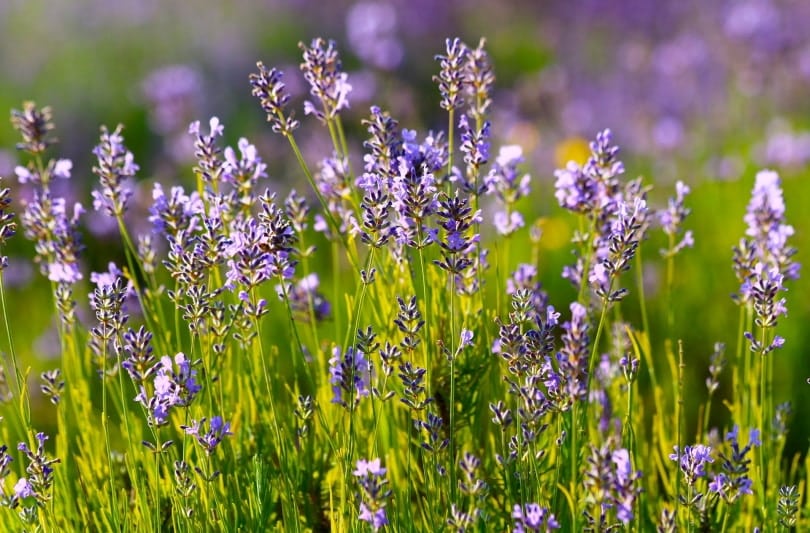
Lavender is classified as toxic to cats (as well as dogs and horses). While lovely and fragrant, this plant can cause gastrointestinal issues in cats, ranging from inappetence to vomiting.
Allium Species (Allium)
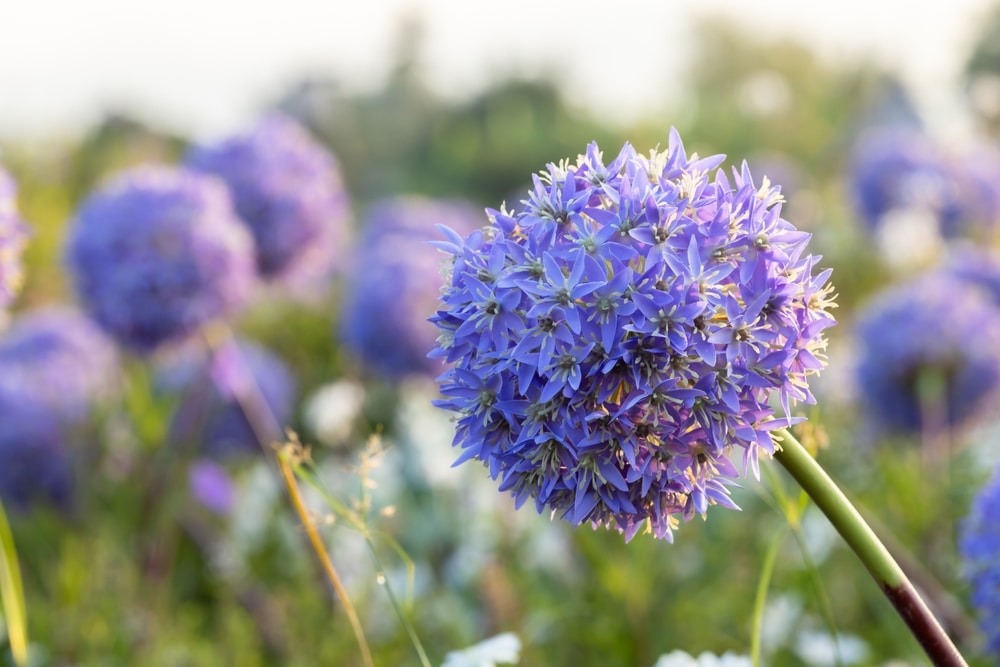
Garlic, onions, and chives belong to the same plant family, as they are Allium species. These plants can cause mild to significant gastrointestinal signs, including vomiting. What’s particularly scary is that in cats and dogs, they can damage red blood cells and lead to hemolytic anemia, which could be life-threatening. If there’s the possibility that your cat could’ve gotten into garlic, onions, or chives, contact your veterinarian immediately.
Conclusion
Numerous plants are safe for cats to be around, and just as many, if not more, have the potential to be toxic. Before you bring any plants into the house or chop up some herbs to add to your kitty’s dinner, ensure they aren’t harmful. Your veterinarian is an excellent source of information to see if supplements or herbal remedies might help your cat, especially as some can interfere with more traditional pharmaceuticals.
Featured Image Credit: Georgia Evans, Shutterstock
Contents
- An Important Note About Herbs
- The 10 Herbs That Are Safe for Cats
- 1. Catnip (Nepeta cataria)
- 2. Cat Grass
- 3. Basil (Ocimum basilicum)
- 4. Valerian Root (Valeriana officinalis)
- 5. Milk Thistle (Silybum marianum)
- 6. Echinacea (Echinacea)
- 7. Licorice Root (Glycyrrhiza glabra)
- 8. Dandelion (Taraxacum)
- 9. Calendula (Calendula)
- 10. Marshmallow Root (Althaea officinalis)
- Herbs and Plants to Avoid
- Conclusion

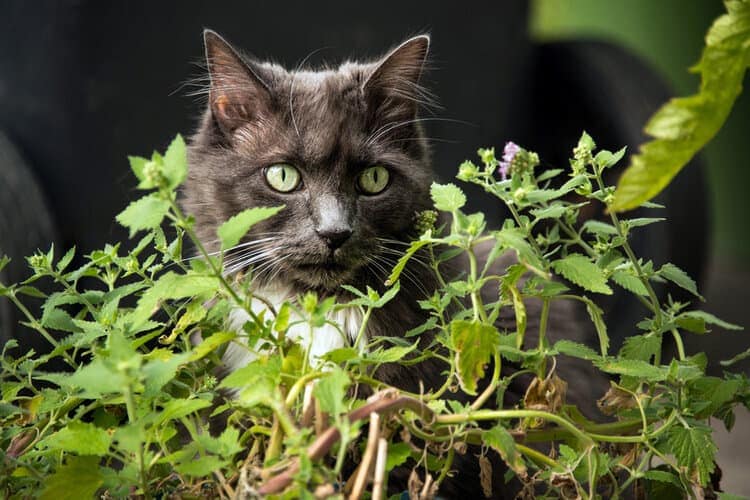




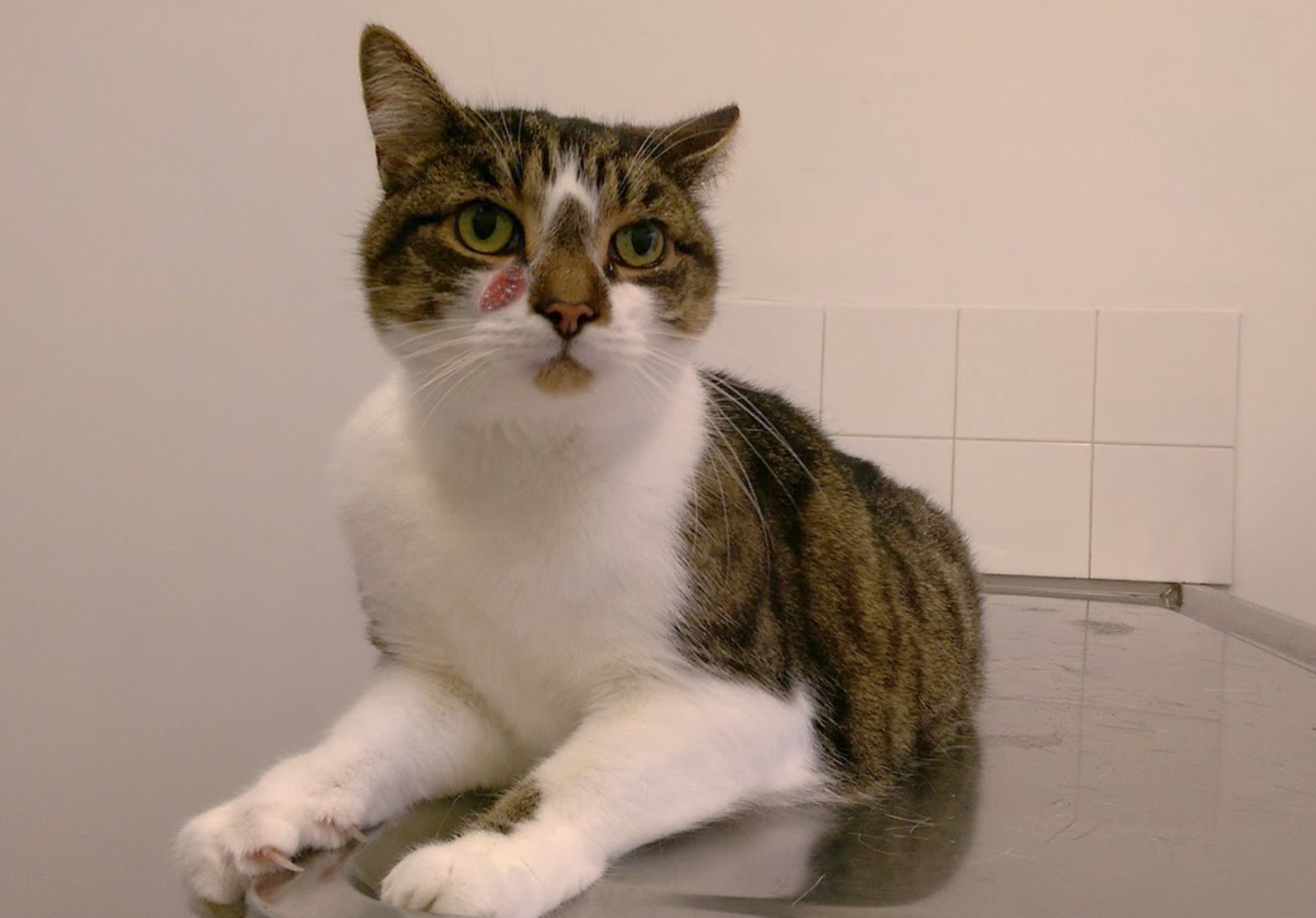
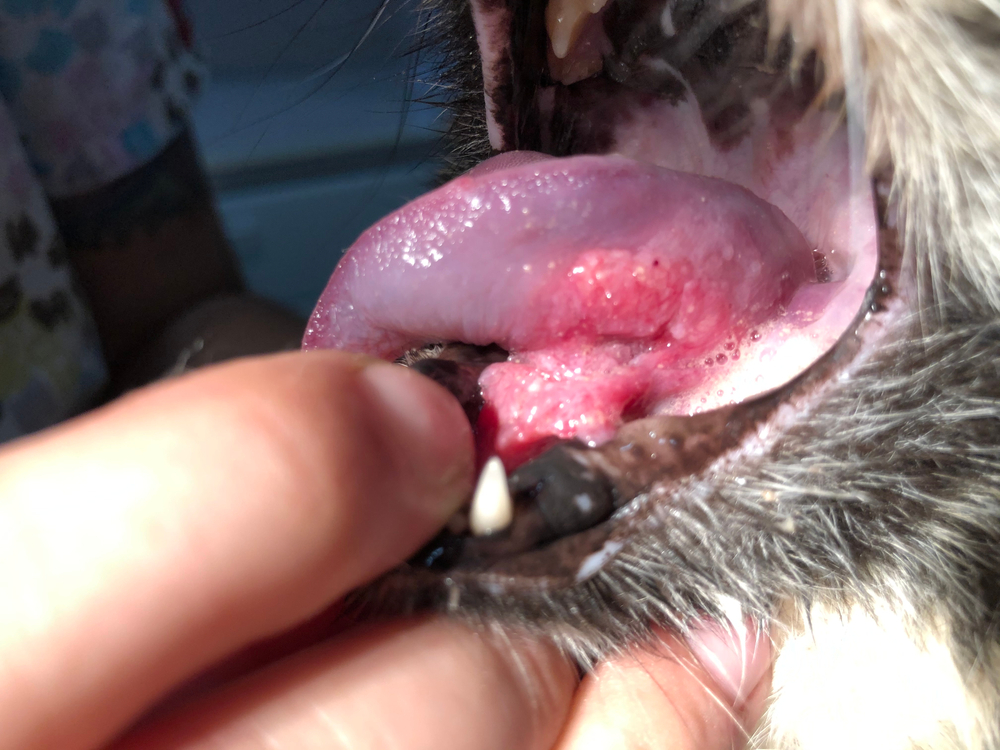







is there a safe supplement to give to cats to calm them when they become very agitated during stomy weather?
Hi Fonda, thanks for reading us. These tips could help: https://www.catster.com/cat-health-care/ways-to-calm-a-cat-during-thunderstorms/
Likewise, we think you might find the following reviews helpful: https://www.catster.com/cat-health-care/best-cat-calming-supplements/
https://www.catster.com/cat-health-care/best-cat-calming-treats/
https://www.catster.com/cat-health-care/best-calming-aids-for-cats/
Regards